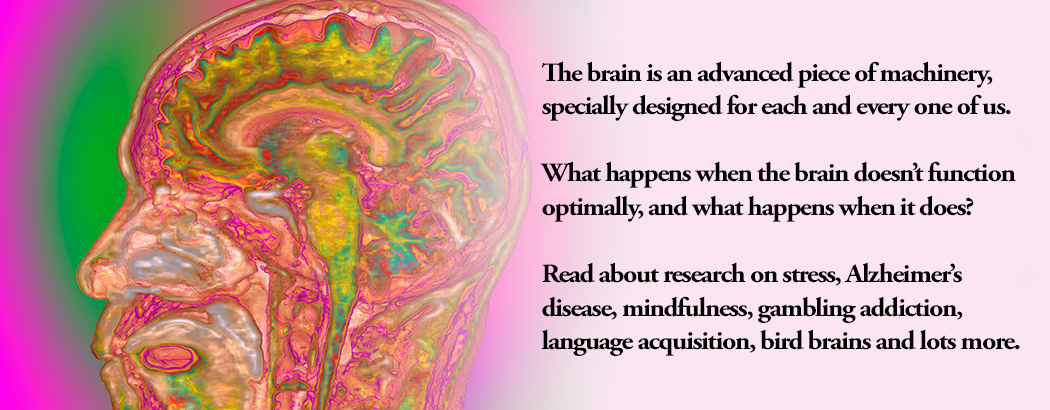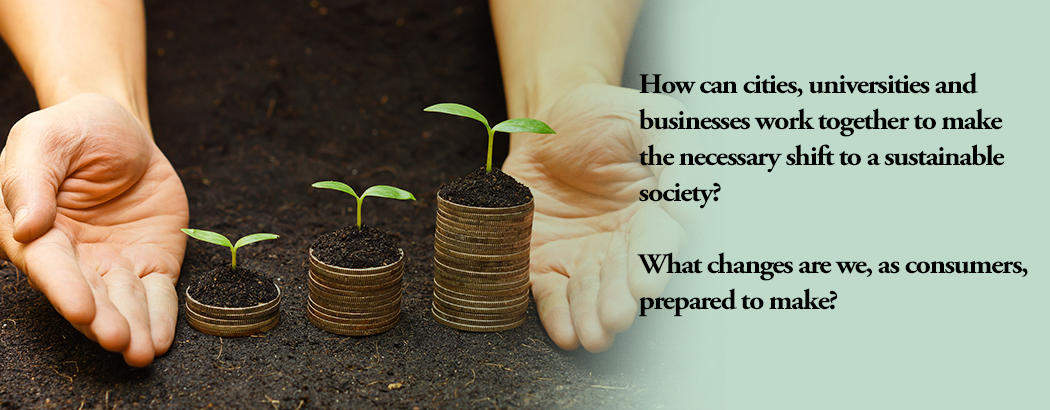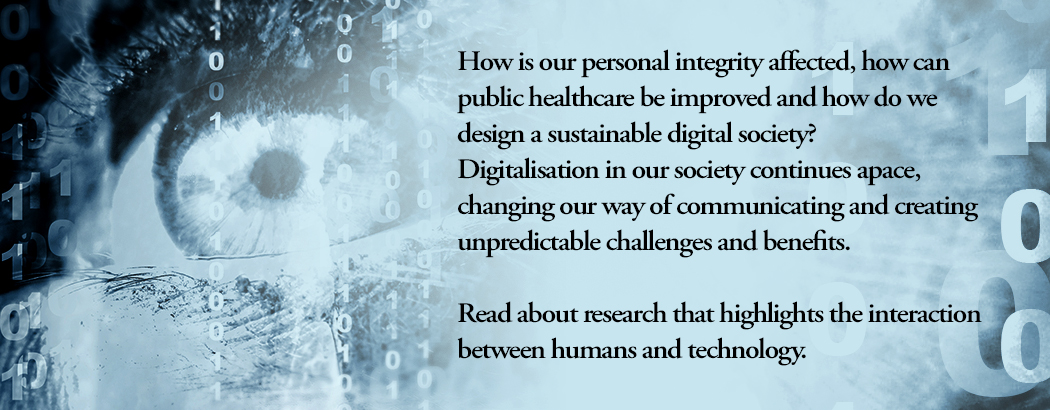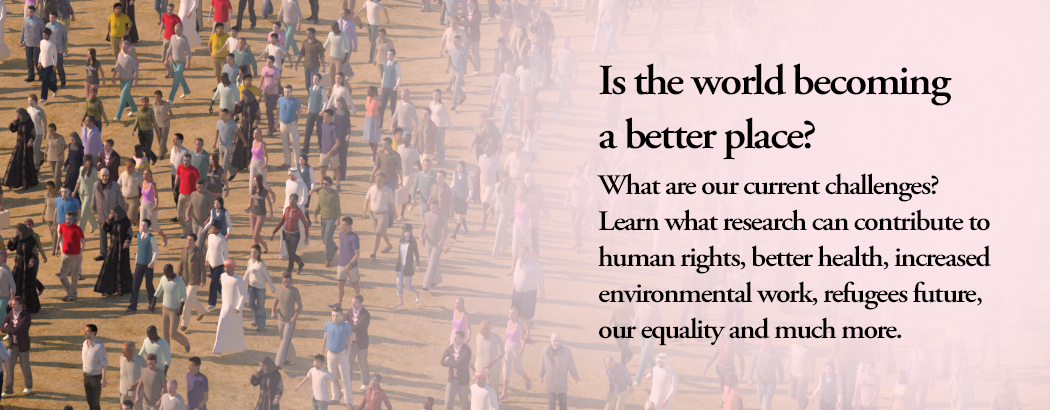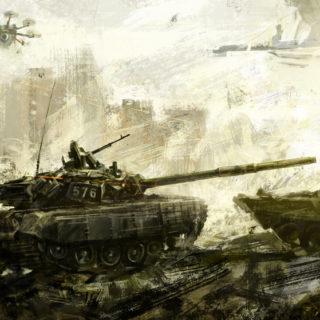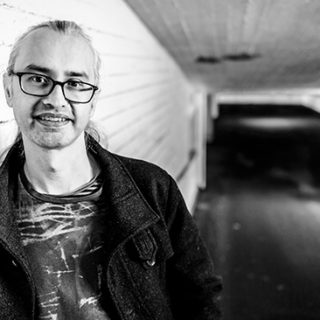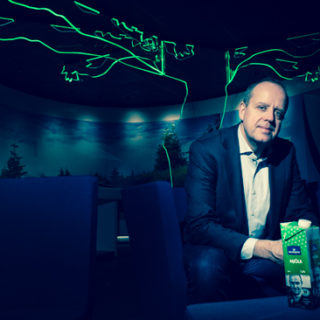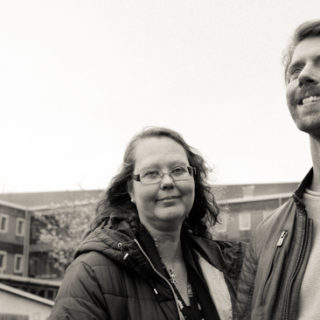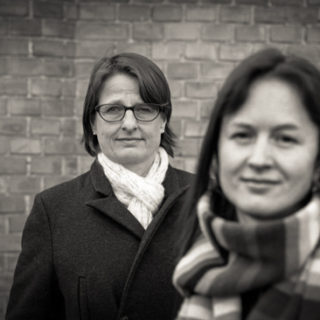Category: Science & technology
Using machines such as magnetic resonance image scanners, we can see into our brains. The images provide considerable help in detecting various disease-related changes such as tumours or constrictions in blood vessels. These images can also show how the brain works and answer questions such as: where is there activity...
Imagine being a soldier, riding in a tank through a city in a war zone. Among the civilians and innocent private citizens, you are to distinguish potential threats and hostile combatants. Despite training and military experience, it is almost impossible to make the right decision in such a chaotic and...
We need to be able to listen to the brain in order to better understand how the brain works and what happens when it is affected by different conditions. We must be able to do this without causing damage, while being certain about which brain cells we are actually listening...
How can insects with their tiny brains navigate over large distances? Do they have a built-in GPS in the form of a magnetic sense? Eric Warrant, Professor of Sensory Biology at Lund University, studies the ability of small insects to navigate with the help of the Earth’s magnetic field. Eric...
Food waste is a major challenge for society. In Sweden alone, we throw away 1.2 million tons of food every year, most of which is unnecessary. What can we do to reduce it? What is the role of packaging? Can digitalization contribute to reducing food waste? What trends do researchers...
As many countries around the world have started an energy transition from fossil fuel to more sustainable renewable energy sources, a group of researchers at the Pufendorf Institute for Advanced Studies are exploring the justice dimensions of energy systems and transitions. The group – which brings together researchers from fields...
Chronicle by Jamil Khan Associate Professor of Environmental and Energy Systems, Lund University “A smart city is a city with open senses. With its sensors it can see, hear, feel, smell and taste digital information that contributes to a more considerate, efficient, safe and sustainable society.” This may sound as...
“Sustainability is a long-term issue. A journey, rather than a goal. You can always take steps along the way – but the work is never done. It is about continuous improvement”, says Erik Lindroth, Environment Director at Tetra Pak and now also new doctoral student at the School of Economics...
“Sustainability is often studied from a large-scale, political or institutional perspective. I was interested in looking at sustainability from the other end, how individual inner transition could impact on global sustainability”, says Professor Christine Wamsler from the Lund University Centre for Sustainability Studies. This interest led her to conduct a...


